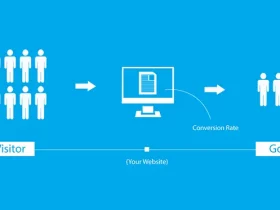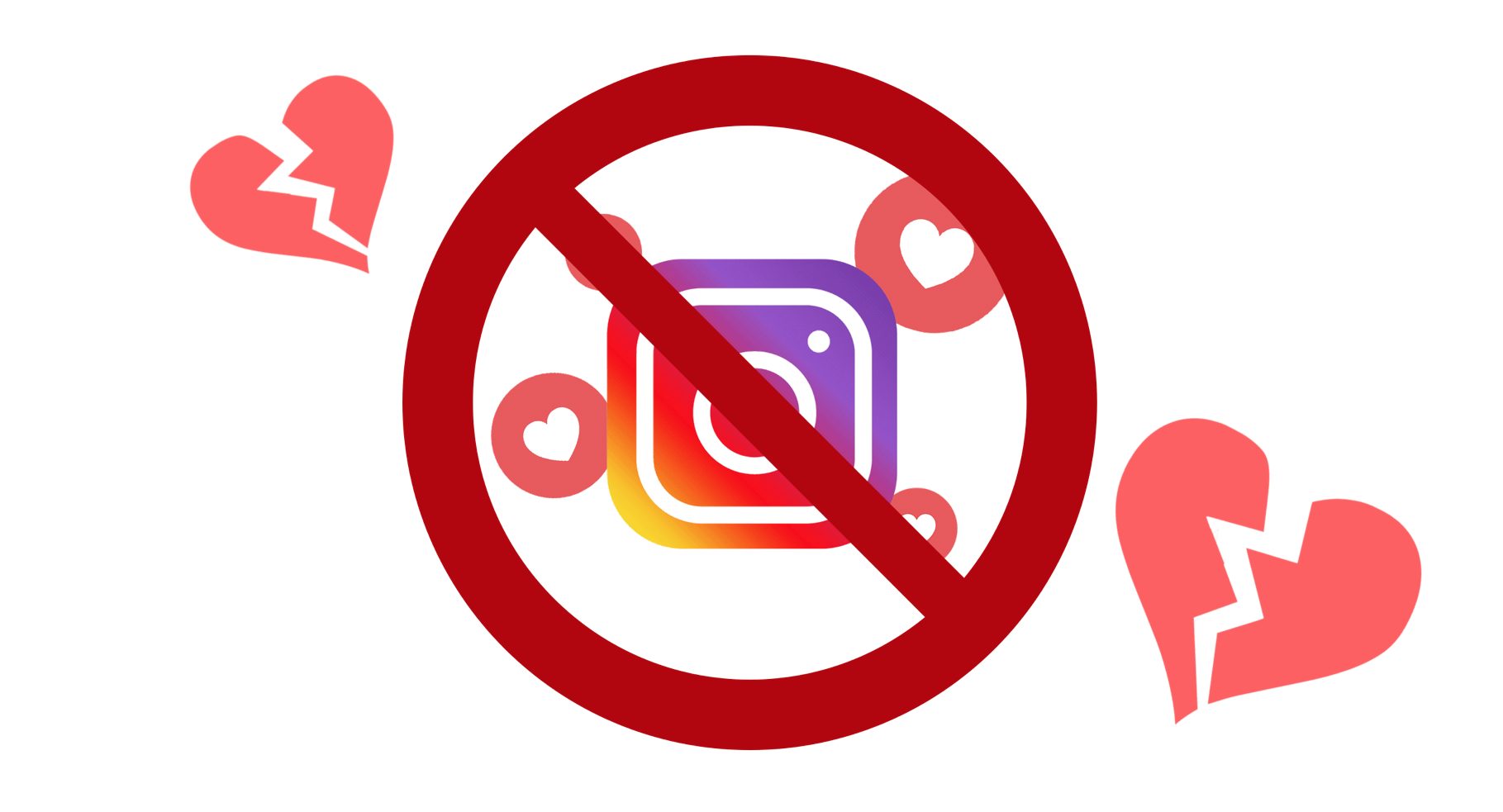It’s no secret that AI has been a hot topic recently. The last year has seen a revolution in AI-influenced marketing thanks to advanced data analytics tools that are becoming ever more affordable and accessible to businesses of all sizes.
While still in its budding stages, Artificial Intelligence is nevertheless becoming big business in a variety of industries with new ways of reaching customers and unmatched problem-solving capabilities. But how does AI work? And more importantly, how will it affect marketing in the near future?
What is Artificial Intelligence?
On its most basic level, AI is the simulation of human intelligence by machines, specifically computer programs. Machine learning is merely one component of AI, but it’s one that is at the forefront of AI applications in our everyday lives.
Through specialized hardware and computer programs, Artificial Intelligence can absorb large amounts of data, analyze the data for patterns, sequences, and correlations, and then use that information to “learn”, recognize data, and make predictions about future outcomes. Some AI have even been trained to download sound effects and create original music from sound samples.
The key here is that AI can learn. When it comes to marketing, that means that AI can actually learn consumer behavior, make predictions, capitalize on trends, and use its sophisticated analytics to improve a variety of aspects of the customer experience (CX).
Now that we have a grasp of the potential of AI’s capabilities, let’s look at just a few ways this technology is changing the field of marketing.
Learning Consumer Behavior
One of the most important jobs a marketing professional has is to observe consumer behavior and create solutions to better and more effectively market a product or brand. With the help of AI, marketers can now do this on a much larger scale.
As a computer algorithm, AI can collect personal data online, organize that data, and draw conclusions based on consumer behavior that is far more powerful than human investigation. New digital marketing tools like Scuba have put this capability to practical use with real-time tracking and data analytics.
Marketing Automation
According to Notice & Co, marketing automation can increase funnel conversions, save time, and improve customer experience. Automated workflows can be set up to deliver relevant content based on a lead’s behavior, interests, and stage in the buying journey. This helps build stronger relationships with prospects and customers, increasing the likelihood of conversion.
Automation enables prompt follow-ups with leads. Whether sending a thank-you email after a download or a series of emails based on specific triggers, timely communication keeps the brand top-of-mind. It encourages prospects to move through the sales funnel.
Marketing automation eliminates the need for manual execution of repetitive tasks. For instance, sending out mass emails, social media posts, or managing data can be automated. This reduces the risk of human error and frees up valuable time for marketing teams, focusing on strategic planning and creativity.
A marketing automation consultant optimises and implements effective business marketing strategies. Through a comprehensive assessment, the consultant identifies existing gaps in marketing processes and aligns strategies with overall business objectives. Their familiarity with various automation tools allows them to recommend and seamlessly integrate the most suitable ones for the organization. The consultant customizes marketing automation workflows, designing personalized content strategies and efficient campaigns.
Personalized Content Creation
Once the data is collated, the next logical step for AI is to begin to create personalized content, targeted advertisements, and product recommendations for the consumer, all based on their buying habits and interests.
Predictive Analytics
Another bright application of AI is its power of predicting future behavior and trends. By analyzing billions of data sets from a variety of platforms including social media and product reviews, AI can actually predict future trends that companies can use in product development.
Predictive analytics has many possible applications as well, including how businesses use the data collected by chatbots. By acquiring customer information, the chatbot AI is able to make real time decisions and offer actionable insights for future customers.
Improved Customer Service
This highly-personalized experience that AI can provide has already begun to lead to better engagement, improved customer experience, and will help to build brand credibility that can lead to customer loyalty.
What are marketers doing with AI?
Many companies around the world have already begun adopting AI in their everyday business practices. Consumers may already have noticed AI-powered chatbots, apps, and programs like Google Duplex that are already starting to revolutionize customer experience (CX) in a variety of ways.
In its early iterations, Google Duplex started off as a simple restaurant reservation program but has since evolved into a multi-purpose tool that can become your own personal assistant, making phone calls on your behalf and scheduling appointments in your calendar as well.
Concerns
Despite the clear benefits of the use of AI, many in the field have serious concerns about its implementation. The worry over machine learning apps taking over jobs completely and making human workers obsolete is nothing new.
However, a recent study by Forrester found that rather than replacing human labor, the application of AI has actually helped marketers to streamline workflows, optimize data, and design dynamic new marketing strategies.
So the question isn’t whether AI will replace humans in marketing, but how can companies best use the power of AI to take advantage of all it can offer.
While it’s clear that AI is already proving to be a revolutionary tool, it’s just one of the different types of digital marketing channels that marketers can explore.












